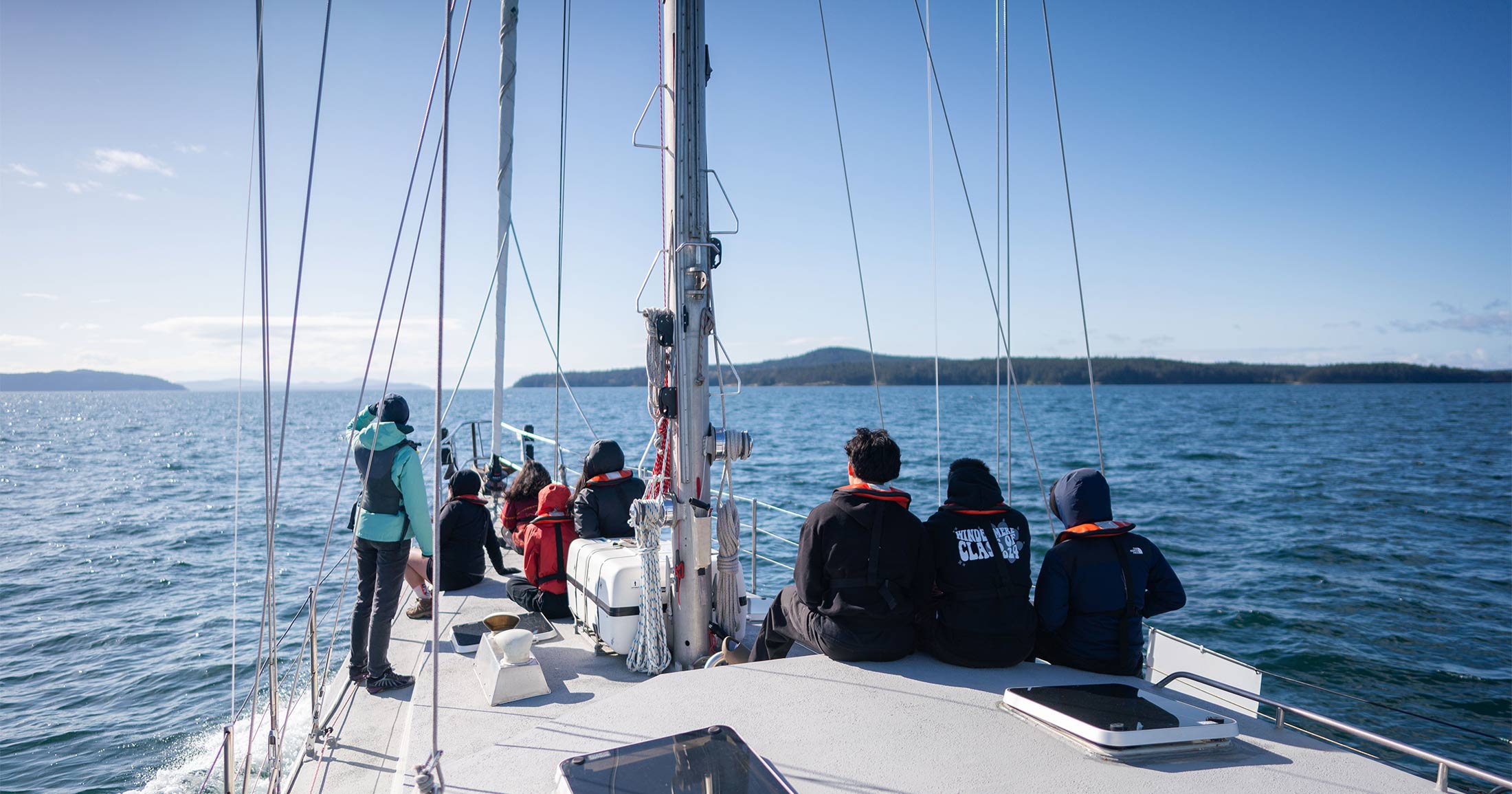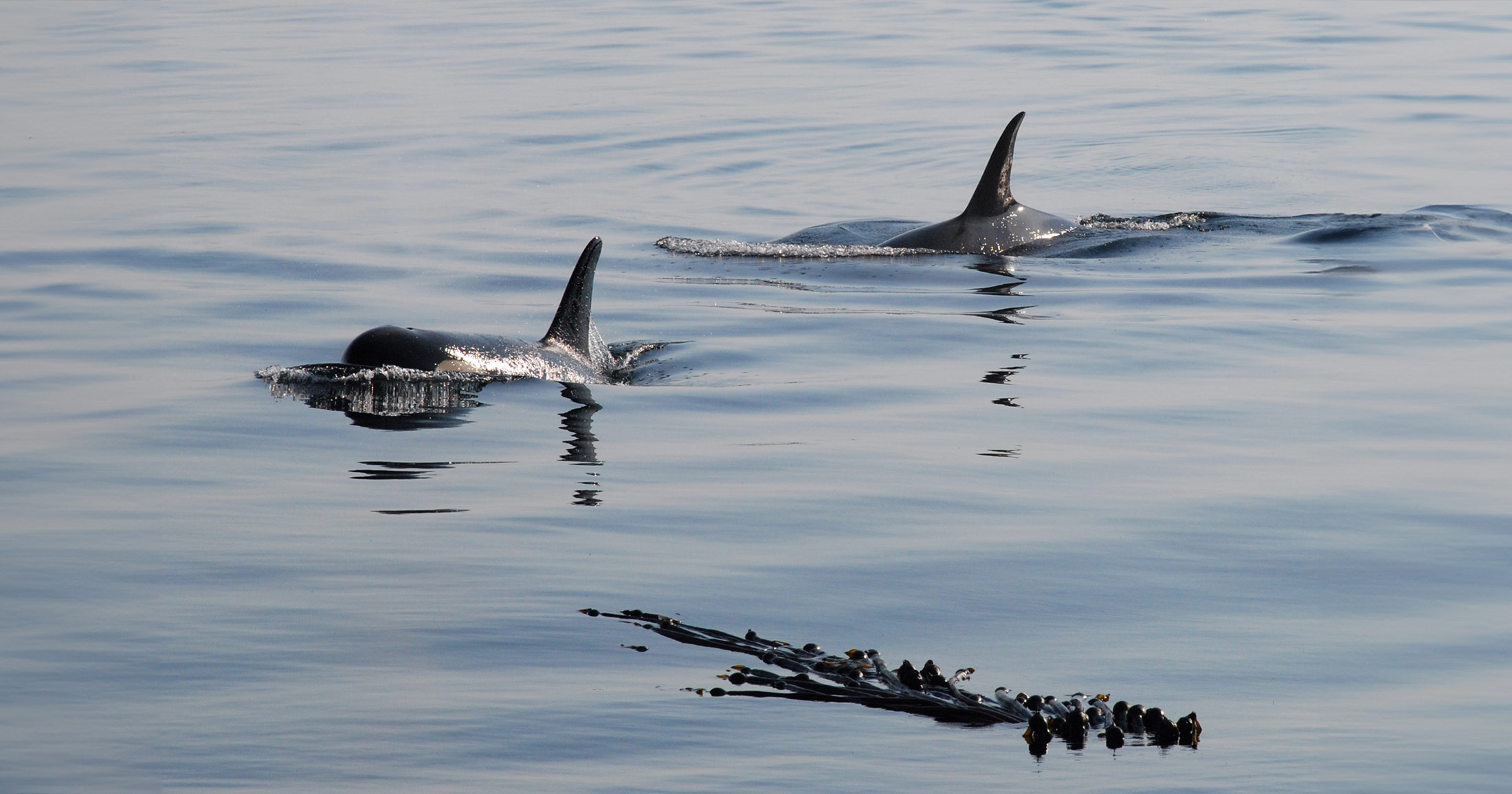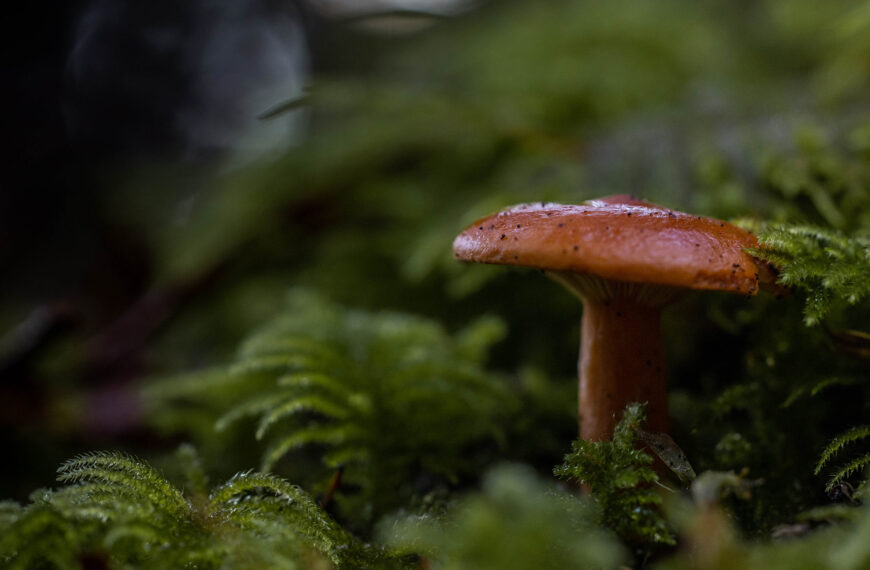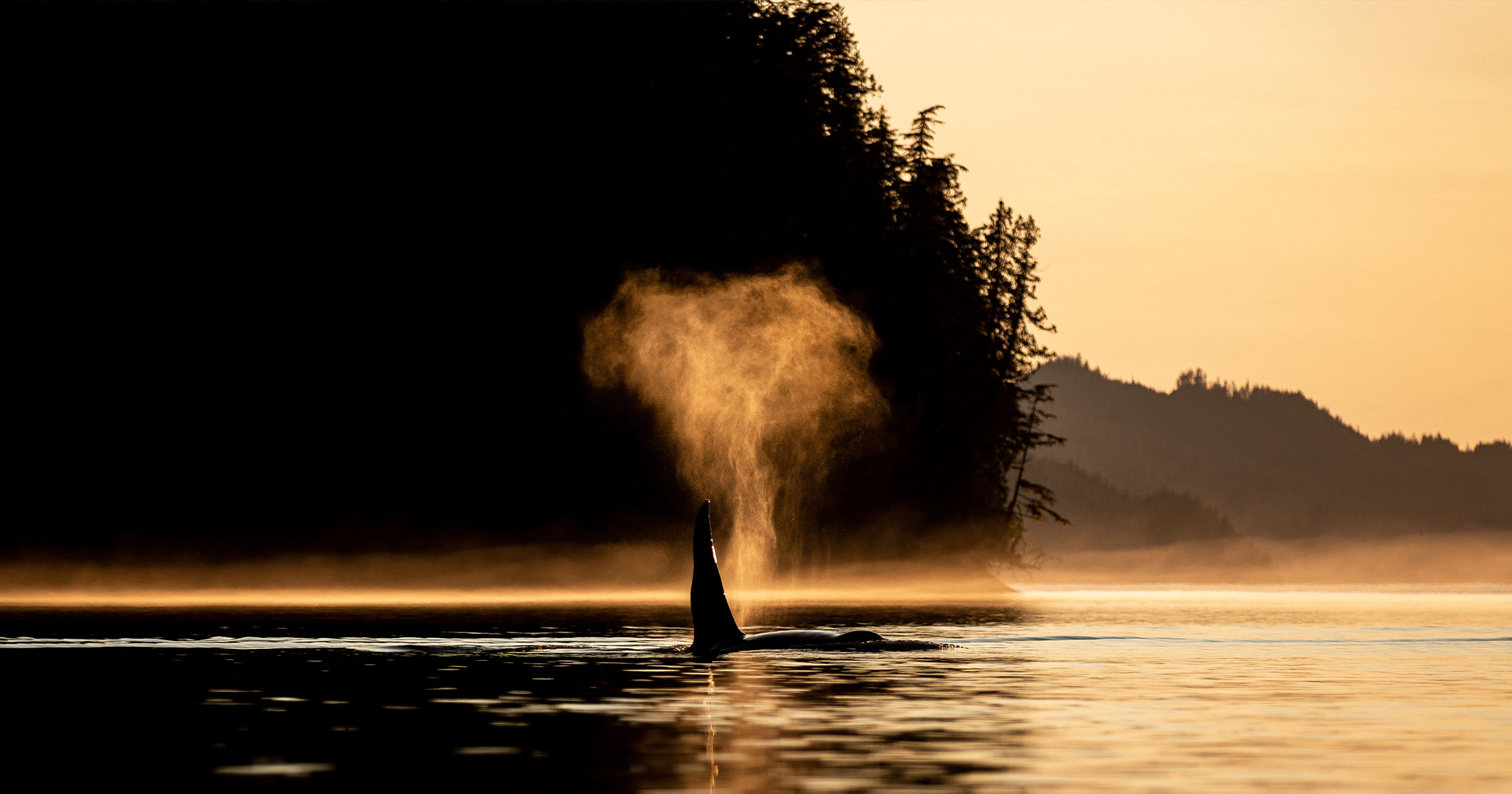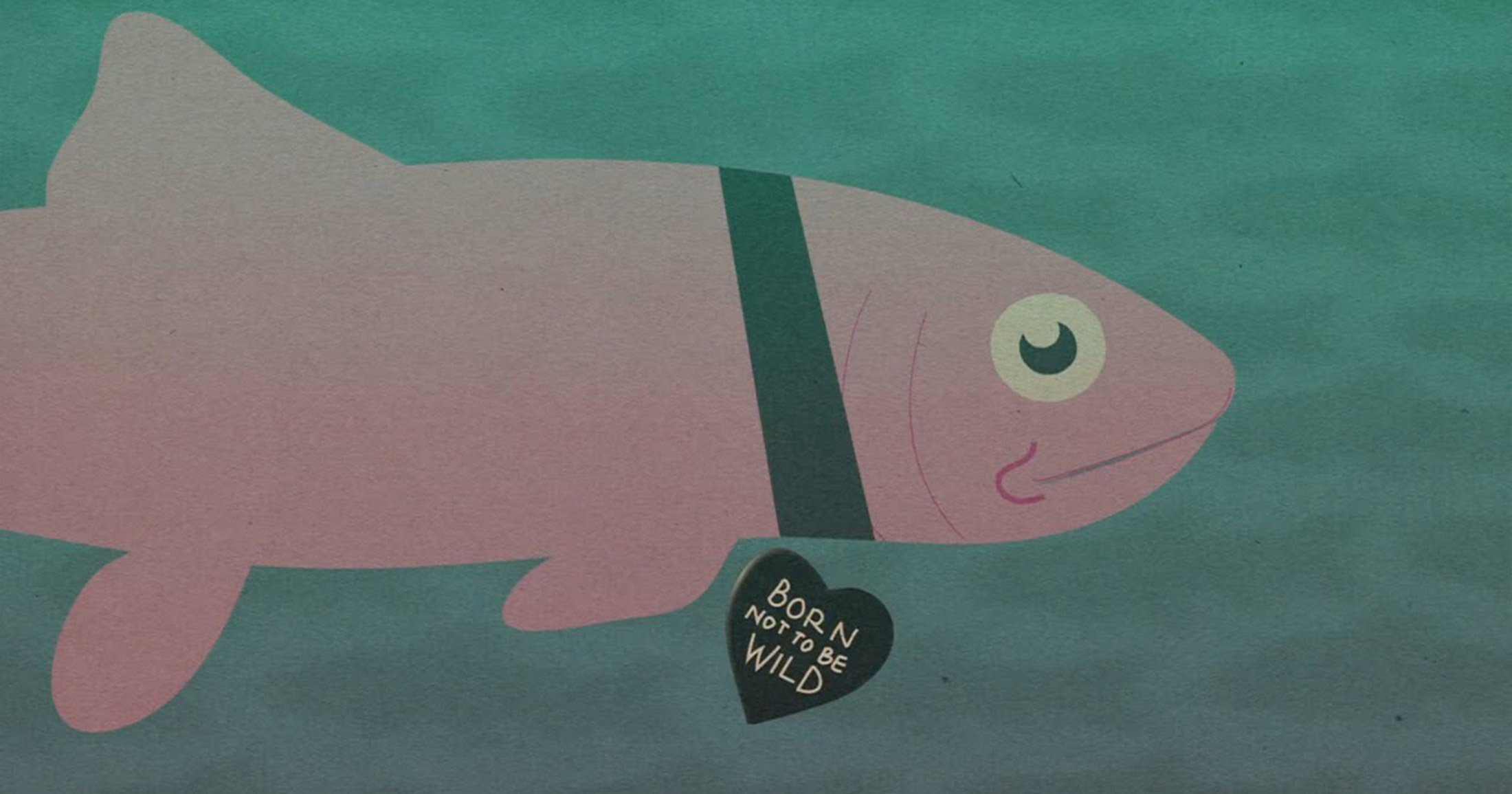Help protect Spirit bears
The Kitasoo Xai’xais and Gitga’at Nations are proposing to close black bear hunting in a small area of the Great Bear Rainforest with the highest concentration of Spirit bears.
The Kitasoo Xai’xais and Gitga’at Nations are proposing to close black bear hunting within their respective territories in a small area of the Great Bear Rainforest with the highest concentration of Spirit bears. While hunting white Spirit bears is illegal, black coated bears that carry the recessive gene can be killed.
This proposal is open to public comment until January 23rd. We encourage you to add your support and have made it easy for you to do so below. This action will take you less than 5 minutes.
Raincoast supports culturally, ecologically and evolutionarily sustainable hunting. The evolutionary threat posed by the hunting of black bears in the region with Spirit bears, however, calls for cautious management. This region is unique and modest in size.
| 1. | Visit this link and click register for a ‘Basic BCeID’ and fill out your information. |
| 2. | Visit this link and click ‘log in’ at the top. Fill out relevant information. If you are not a part of any of those organizations, select ‘not affiliated’ at the bottom of the list. |
| 3. | Visit this link and scroll to the bottom. |
| 4. | Highlight ‘Support’. |
| 5. | Fill out form – our suggestion is below. |
Subject: Please impose a no hunting area where Spirit Bears are in high concentration.
Comment: I would like to add my support for Kitasoo Xai’xais and Gitga’at Nations call to close black bear hunting in the small area of their territory with the highest concentration of Spirit bears.
Research has shown that the recessive gene that causes the white coat in black bears is much rarer than scientists previously thought and that their habitat range is not well protected. Stopping the black bear hunt in this small area is a good step in protecting Spirit bears.
Their protection also exemplifies the new economy, as Spirit bears are a focal species for ecotourism for both Nations, as well as at least 18 other ecotourism companies, who rely on respectful bear viewing.
You can help
Raincoast’s in-house scientists, collaborating graduate students, postdoctoral fellows, and professors make us unique among conservation groups. We work with First Nations, academic institutions, government, and other NGOs to build support and inform decisions that protect aquatic and terrestrial ecosystems, and the wildlife that depend on them. We conduct ethically applied, process-oriented, and hypothesis-driven research that has immediate and relevant utility for conservation deliberations and the collective body of scientific knowledge.
We investigate to understand coastal species and processes. We inform by bringing science to decision-makers and communities. We inspire action to protect wildlife and wildlife habitats.





